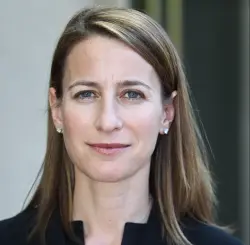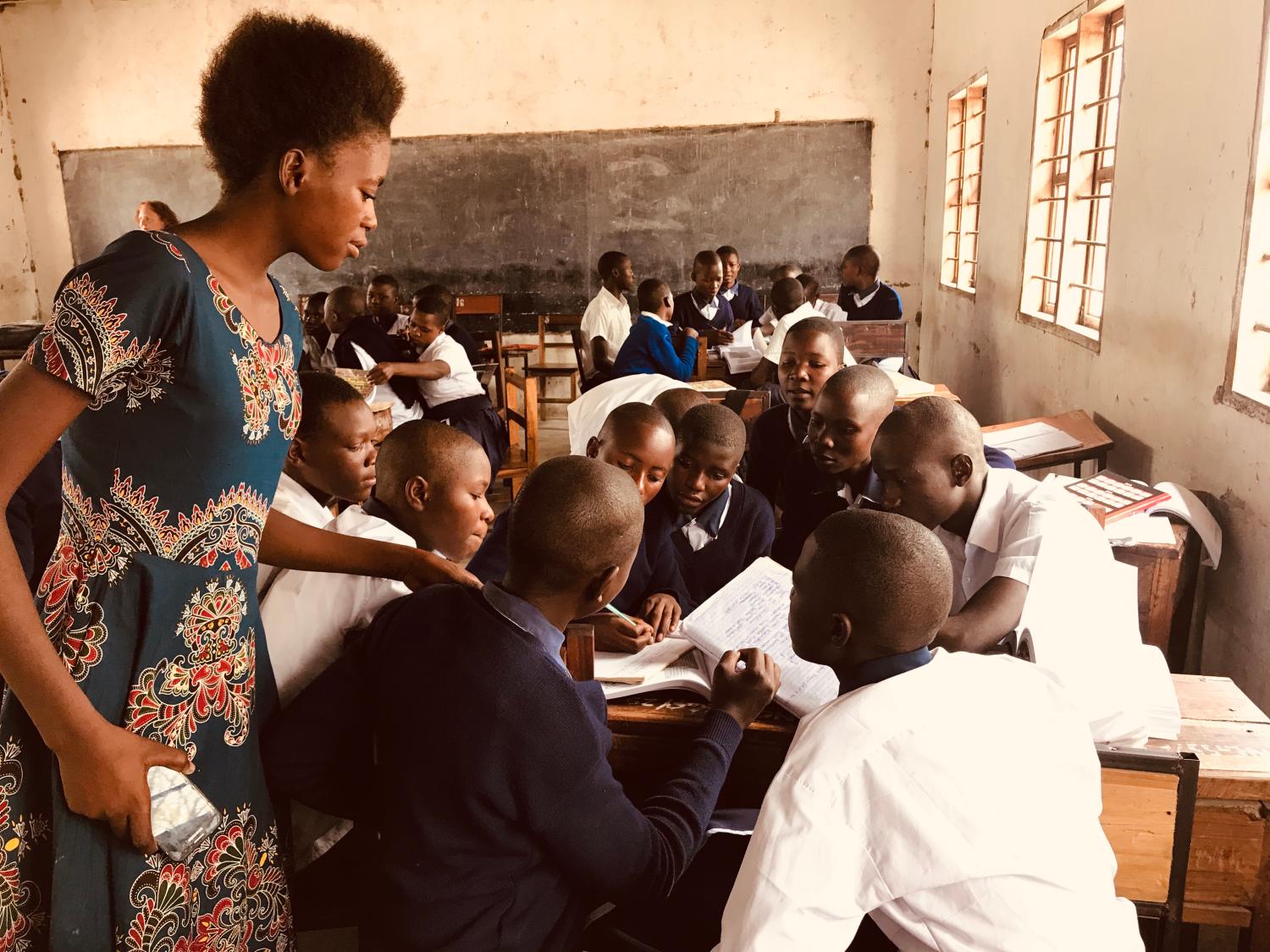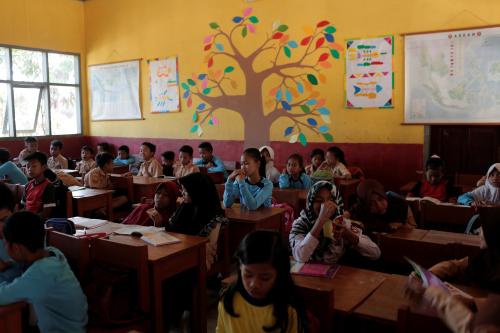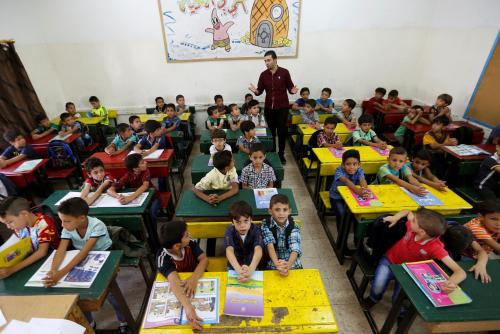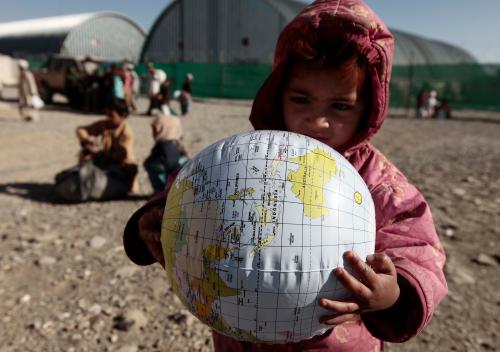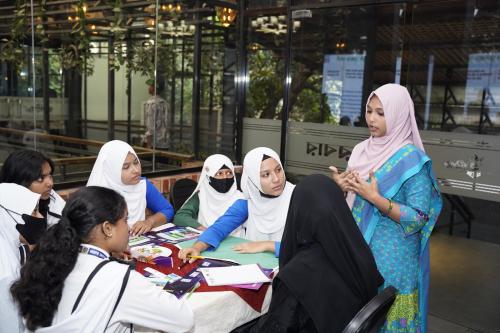Given the magnitude of education challenges around the world, it is increasingly clear that large-scale, systemic change is urgently needed. In “normal” times, 258 million children and youth around the world are out of school1 and 617 million are in school but not learning the basics.2 As a result, 53 percent of children in low- and middle-income countries cannot read or understand a simple story by the end of primary school.3 Moreover, significant inequities persist between and within countries, with the poorest and most marginalized the most likely to be left behind or excluded. The COVID-19 pandemic has further exacerbated these challenges. On April 1, 2020, there were country-wide school closures in 194 countries impacting 1.59 billion learners, representing more than 91 percent of the world’s total enrolled students.4 Beyond the unprecedented disruptions to learning, the potential devastating longer-term implications on children’s well-being and learning are vast. While much about this crisis remains uncertain, it seems inescapable that it will have lasting negative impacts on children’s right to quality education and deepen inequities.
Even prior to the COVID-19 crisis, the pace of change was insufficient to address these challenges. It is estimated that at current rates, by 2030, only 89 percent of children will complete primary school globally, 81 percent lower secondary school, and just 58 percent upper secondary school, falling far short of the 100 percent target.5 Meanwhile, school completion is only one component of achieving Sustainable Development Goal (SDG) 4—inclusive and equitable quality education and lifelong learning opportunities for all. And these projections have not yet taken into account the additional challenges stemming from the current pandemic.
The scope and depth of these challenges and the reality of how far we are from achieving SDG 4 clearly demonstrate that “business as usual” approaches will not work. Countries need to identify, scale, and sustain effective approaches in order to address the magnitude of the learning crisis and transform education systems to meet the needs of all children, especially the most marginalized. Scaling quality education programs requires more than simply identifying effective initiatives; it takes a combination of technical and political strategies, mechanisms to accelerate the adoption of new practices, and strengthening of local capacity for successful adaptation and scale.
In response to this gap, the Center for Universal Education (CUE) at Brookings launched a series of Real-time Scaling Labs, in collaboration with local institutions in a number of countries, to generate more evidence and provide practical recommendations around the process of scaling impact in education. Over the course of five years (2018—2023), this action research project is accompanying initiatives at various phases of scaling in order to learn from, support, and document the process as it unfolds. The following brief provides a synthesis of emerging insights and learning from the Real-time Scaling Labs to date (June 2018-June 2020).
Cover photo credit: Anna Sawaki, CAMFED Program Manager-Development and Scaling Lab Researcher
-
Footnotes
- UNESCO Institute for Statistics (UIS), “New Methodology Shows that 258 Million Children, Adolescents and Youth Are Out of School,” Fact Sheet No. 56, 2019, accessed 28 February 2020: http://uis.unesco.org/sites/default/files/documents/new-methodology-shows-258-million-children-adolescents-and-youth-are-out-school.pdf.
- 2. UNESCO Institute for Statistics (UIS), “More Than One-Half of Children and Adolescents Are Not Learning Worldwide,” Fact Sheet No. 46, 2017, accessed 28 February 2020: http://uis.unesco.org/sites/default/files/documents/fs46-more-than-half-children-not-learning-en-2017.pdf
- 3. “Learning Poverty,” The World Bank, 15 October 2019, accessed 27 May 2019: https://www.worldbank.org/en/topic/education/brief/learning-poverty.
- 4. “COVID-19 Educational Disruption and Response,” UNESCO, accessed 27 May 2019: https://en.unesco.org/covid19/educationresponse.
- 5. “Meeting Commitments: Are countries on track to achieve SDG 4?” United Nations Education, Science, and Cultural Organization, UNESCO Institute for Statistics, and the Global Education Monitoring Report,2019, accessed 19 May 2020: https://unesdoc.unesco.org/ark:/48223/pf0000369009/PDF/369009eng.pdf.multi.
The Brookings Institution is committed to quality, independence, and impact.
We are supported by a diverse array of funders. In line with our values and policies, each Brookings publication represents the sole views of its author(s).
